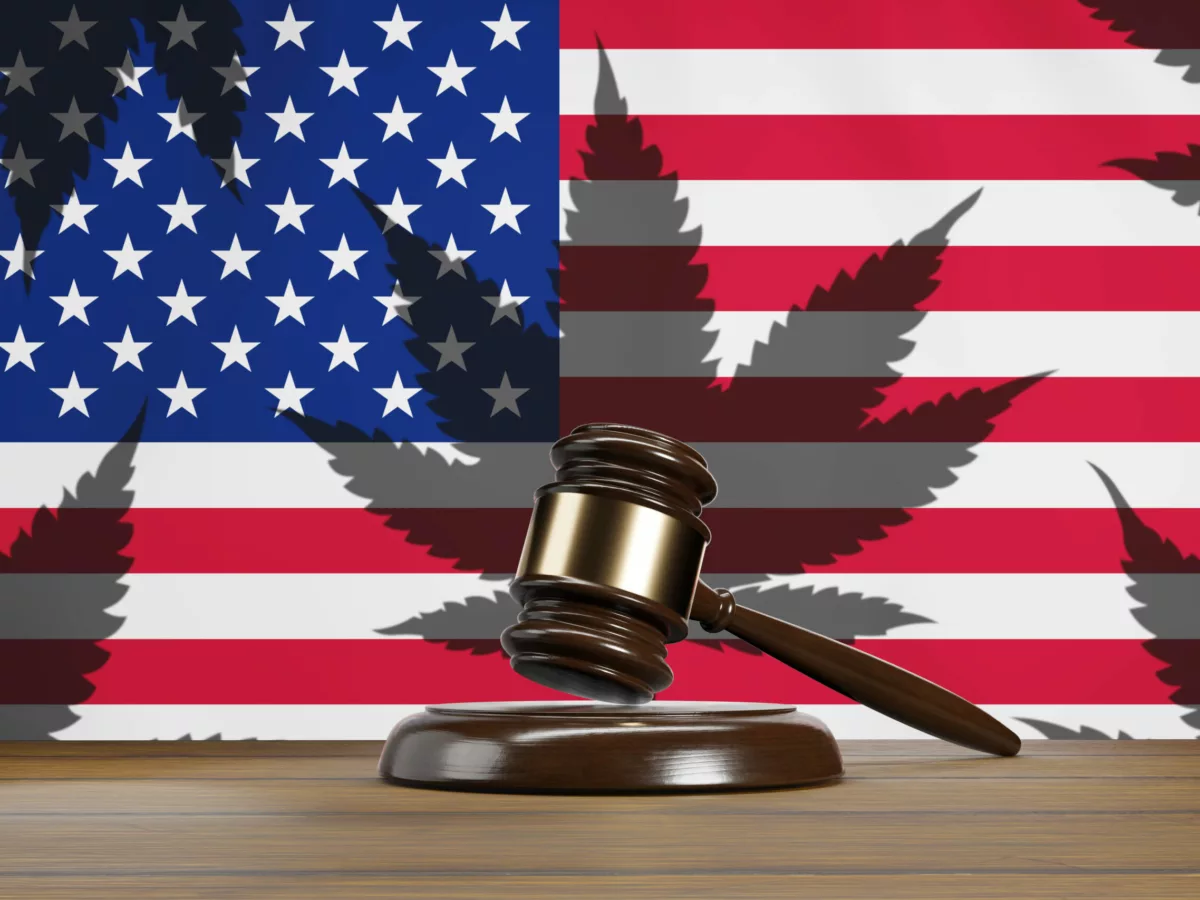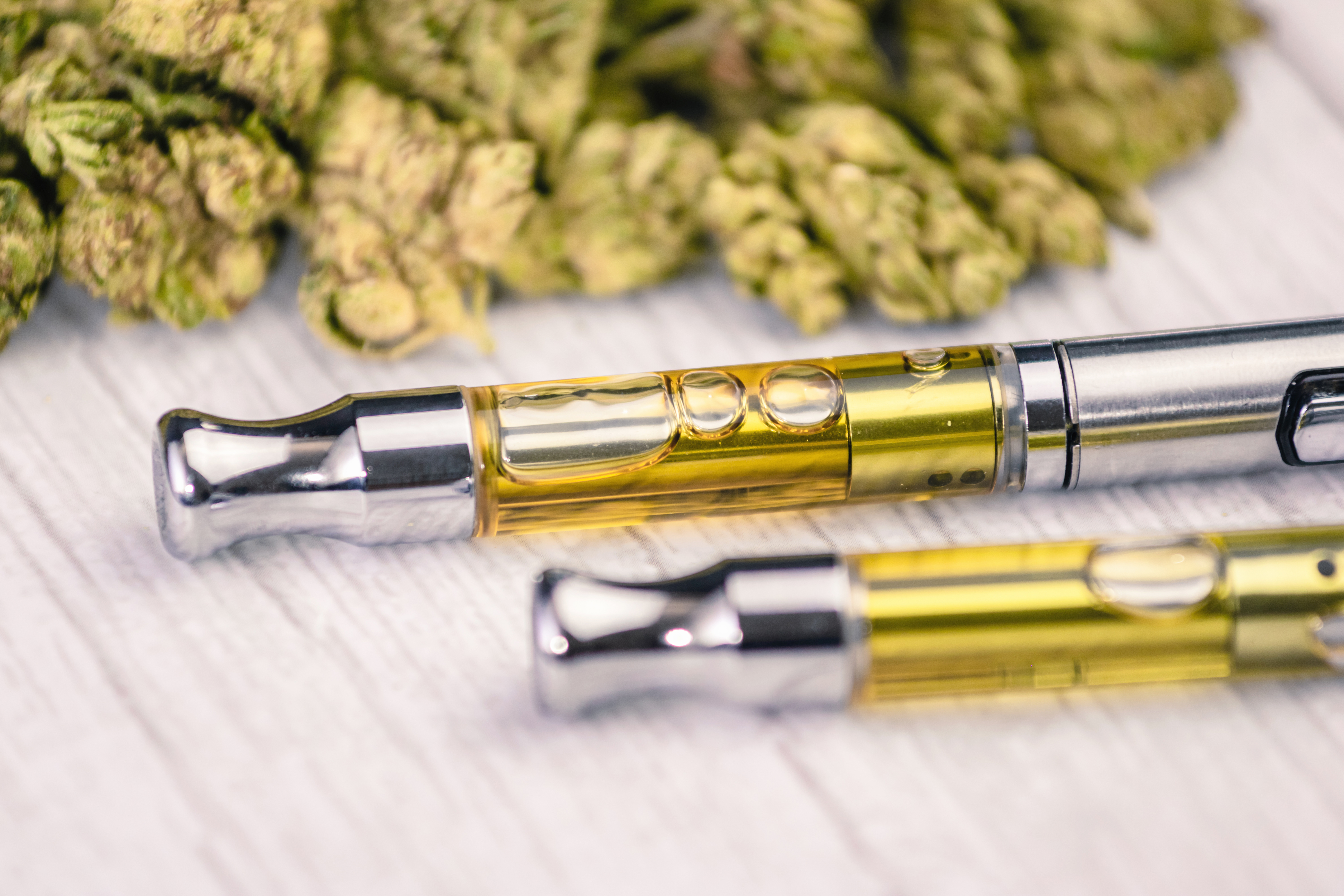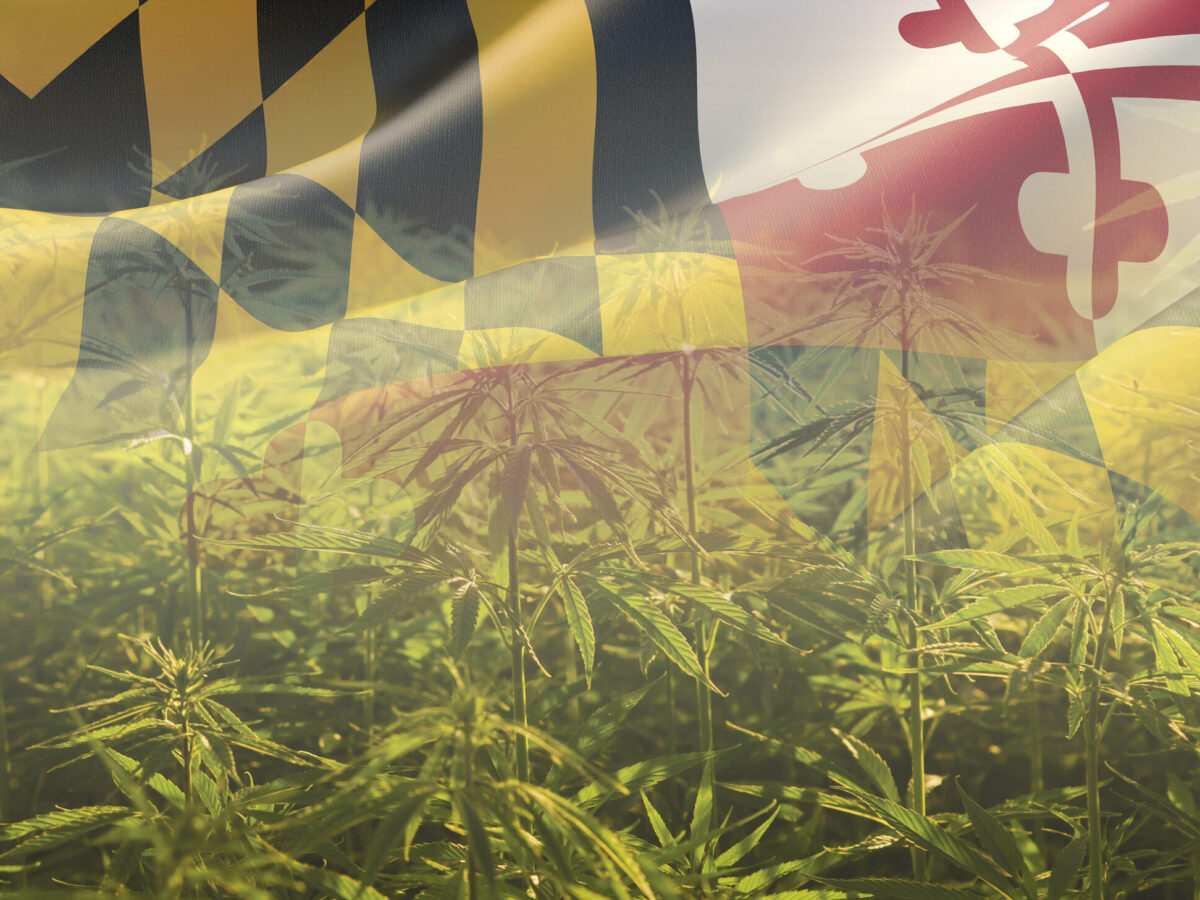A West Virginia grassroots organization is trying an unusual political maneuver to decriminalize cannabis in two of the Mountain State’s largest cities.
The progressive-leaning West Virginia Can’t Wait, headed up by former gubernatorial candidate Stephen Smith, wants to decriminalize weed possession in Charleston and Fairmont through a somewhat obscure ballot campaign that field director Sarah Hutson says is often “underused.”
Here’s how it works: If a petition gathers a certain number of signatures, it can be submitted to the respective city councils. And if the city councils don’t accept the petition exactly as worded, it can go straight to voters in the form of a ballot initiative.
The Charleston petition calls for “all marijuana charges inside city limits to be issued a municipal ticket to be tried at the city municipal court.” That means no jail time or court cases. Currently, pot possession in West Virginia carries a maximum penalty of 90 days in jail and a $1,000 fine, though using weed for medicinal purposes is legal.
“We believe there’s plenty of support for decriminalizing,” Hutson told The Outlaw Report. Many West Virginia residents want to stop putting people in jail for these types of crimes.It’s the will of the people.”
Per its website, West Virginia Can’t Wait is a grassroots organization that promotes progressive candidates to replace the “wealthy Good Old Boys Club [that] has controlled our state for far too long.” Along with the full legalization of weed, the group also supports releasing and expunging the records of people incarcerated for cannabis offenses.
The petition process varies from one city to the next, with different jurisdictions requiring slightly different percentages of signatures from registered voters. In Fairmont, ballot initiatives need signatures from at least 15% of registered voters, which comes down to roughly 2,000 signatures. Ballot initiatives must also be pre-filed and signatures must be collected on a city-provided document.
In Charleston, no pre-file is needed and the required number of signatures is only 10% of registered voters. (Though because it’s a more populous city, that also comes down to around 2,000 signatures.)
Hutson says both campaigns are still in the signature-gathering phase, though she expects they’ll reach the magic number required to submit the petitions next month. At that point, the Fairmont and Charleston city councils will either accept the petitions exactly as worded –– Hutson says that’s unlikely — or West Virginia Can’t Wait will have a chance to put decriminalization before voters in November as a ballot initiative.
Using the petition process to decriminalize cannabis isn’t an entirely new idea, though it may be the first time it’s attempted in West Virginia. In 2014, advocates in Washington, D.C. successfully legalized recreational weed use through Initiative 71, a ballot measure that was approved by more than 70% of voters. (Six years later, D.C. decriminalized magic mushrooms through a similar process.)
Nationwide, weed-related ballot initiatives are currently underway in Arkansas, Idaho, Missouri, Nebraska, North Dakota, Ohio, Oklahoma, South Dakota and Wyoming, according to NORML.
If the petition experiment pans out in Charleston and Fairmount, Hutson says it can serve as a model for decriminalization in the rest of the state. She’s hopeful the support for the campaign so far means similar petitions will sprout up in other West Virginia cities.
But whether or not the ballot measure passes in November, she says her group plans to try the petition process again in other West Virginia cities in 2023 and 2024.
“From what we’ve heard, I think we have a really good shot at this,” Hutson says. “Decriminalization and full legalization is popular in this state. I believe we are going to be successful here.”






